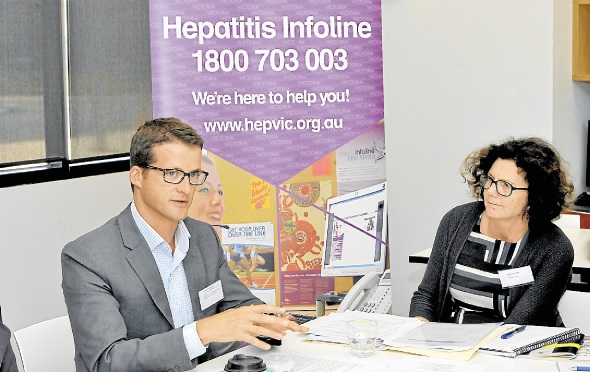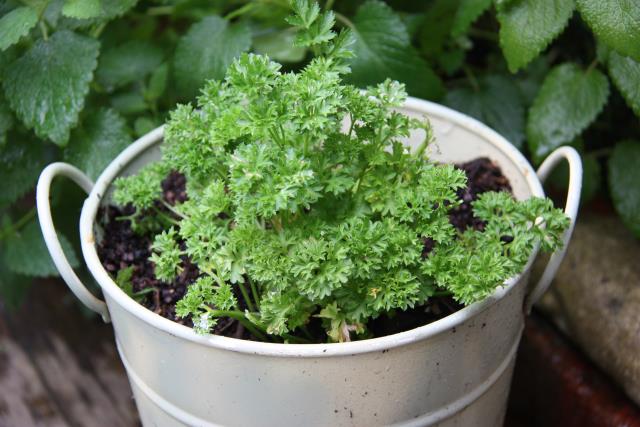HIGH rates of hepatitis C rates across Maribyrnong and the western suburbs heighten the urgency of adding two new drugs to the Pharmaceutical Benefits Scheme (PBS), health workers say.
Latest data from Hepatitis Victoria reveals Maribyrnong has the third-highest rate of hepatitis C infections in metropolitan Melbourne, with 68.6 positive tests per 100,000 people in the 12 months to August last year.
Brimbank recorded the fourth-highest infection rate, returning 65.5 positive tests per 100,000 people.
The data also showed that Wyndham, Hume and Melton had large populations of at-risks groups.
A Maribyrnong Council public health plan notes the main infectious diseases in the area are hepatitis B and C. It links the high levels to the high incidence of injecting drug use.
Concerned staff at Footscray-based primary care service Healthworks, Hepatitis Victoria, St Vincent’s Hospital’s Werribee Hepatitis Clinic and a ‘sexual health, HIV and hepatitis education program’ used a roundtable discussion in Werribee last week to call on the federal government to make telaprevir and boceprevir available on the PBS.
Head of hepatology research at St Vincent’s Hospital, Dr Alex Thompson, said hepatitis infections could cause liver failure and liver cancer and were the most common cause of transplants in Australia.
“The treatment we have at the moment is OK with a 40-50 per cent cure rate. The new treatments are doubling [cure] rates,” Dr Thompson said. “Australia has fallen behind more than 25 other countries around the world that have already chosen to subsidise these vital new drugs.”
Rose Coulter, who lived with hepatitis C for more than 40 years, said she suffered pyschological side effects during her six months of treatment with interferon four years ago.
“By week 12 I was homicidal and suicidal. I can understand why people don’t complete treatment. I thought the treatment worse than the disease.”
Ms Coulter said making the new treatments available on the PBS would mean fewer people would have to experience what she went through.
Prime Minister Julia Gillard said the drugs had been approved by the Pharmaceutical Benefits Advisory Committee and the government was now negotiating a price for the treatments.
Calls have also been made by Hepatitis Australia for better access to clean injecting equipment for intravenous drug users to help battle hepatitis C rates.







